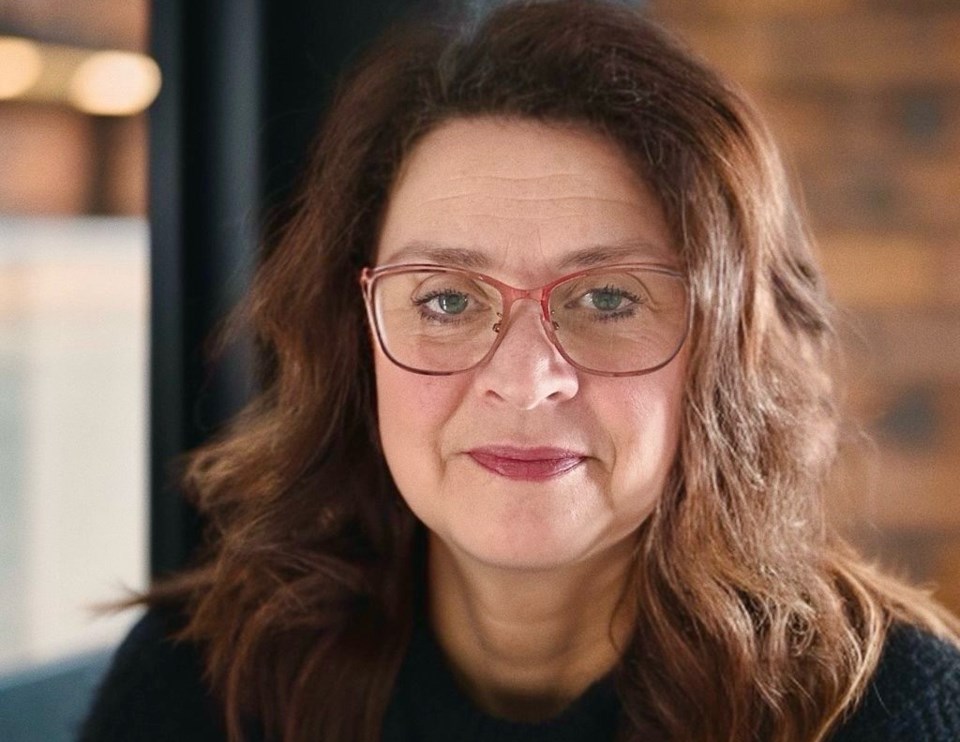An expert is speaking out against the notion that anybody can work with vulnerable children and youth without any form of regulation.
Michelle Briegel, who lives in Okotoks, is president of the Child and Youth Care Association of Alberta (CYCAA) and an associate professor at Mount Royal University, where she serves as coordinator of the child and youth care counsellor program.
"The association is very concerned about public safety of children and youth without child and youth care counsellors having any oversight," said Briegel.
The Government of Alberta announced that counselling therapists would be regulated through the College of Alberta Psychologists (CAP) earlier this month, with no action taken to regulate child and youth care.
Briegel said every other profession that works with vulnerable children and youth is regulated, including early childhood educators, teachers, social workers, psychologists and now counselling therapists. Child and youth care counsellors, meanwhile, have no regulations on training, knowledge or experience.
"I mean, we are a unique profession, different than psychologists and different than other counsellors and therapists," said Briegel. "So it would be great if they would take on regulating child and youth care counsellors as well. But they won't."
According to Briegel, the CYCAA has been trying to get mandatory regulation of practitioners through either their certification program or by legislated regulation since the early 1980s, to no avail. She added the CYCAA is currently talking with CAP to discuss possible options for regulating the child and youth care profession, and that the government ministers they've reached out to have not yet responded.
"We're not wanting to let the pressure off on the government and their responsibility to look after the children and youth that are their responsibility to protect by having people who have some knowledge and still working with them."
Briegel cited the recent case of Abraham Woo, a former child worker who was arrested in Edmonton for child luring and several child pornography-related charges. Woo worked with children through multiple programs in Alberta and Saskatchewan.
"It has been found that he was luring children from the programs that he worked in," said Briegel. "He had bounced around from program to program, there were many programs.
"It's quite possible that he was let go from some of those programs because of inappropriate behaviour, but there would be no place to report that behaviour because there's no body or organization to report unethical or dangerous behaviour of child and youth care practitioners."
Briegel said regulation is needed in the child and youth care profession to prevent situations like these, and to ensure that practitioners are well-equipped and well-trained while keeping vulnerable children and youth safe.
"Right now, they are allowing anyone off the street to work with these kids without any kind of oversight," she said.
"The government needs to make a decision about having some kind of oversight over who is going to be practicing, and the practice of the individuals who are working with these children. There has to be some sort of base level of knowledge and skill set."
The CYCAA developed a certification program to ensure basic knowledge, skills, and ethical practice, but it is only voluntary, added Briegel. Such a certification would not be made mandatory for practitioners unless the government, which funds agencies, made that decision.
Another major issue stemming from government funding is that, according to Briegel, child care practitioners are paid so little for what they do that many agencies are unable to hire qualified candidates or are forced to employ whoever they can get that comes closest to those qualifications.
"When you're paying people barely above living wage, if that. No, it's not even above living wage, it's below a living wage, but when they're paid low, they're going to attract people that don't have the skill set necessarily," said Briegel.
"The situations become dangerous because people come in and they don't know how to work with kids that are highly traumatized, highly violent or volatile, sometimes violent. Bad things happened very quickly."
Briegel wishes to see educated and certified child and youth care counsellors who are properly trained, meet the psychological, emotional and developmental needs of children and youth, and are trained to understand trauma and trauma responses.
"There's just so much that the general public doesn't know about kids and care and who's working with them," said Briegel, "but they are such a vulnerable population with such drastically high needs."



